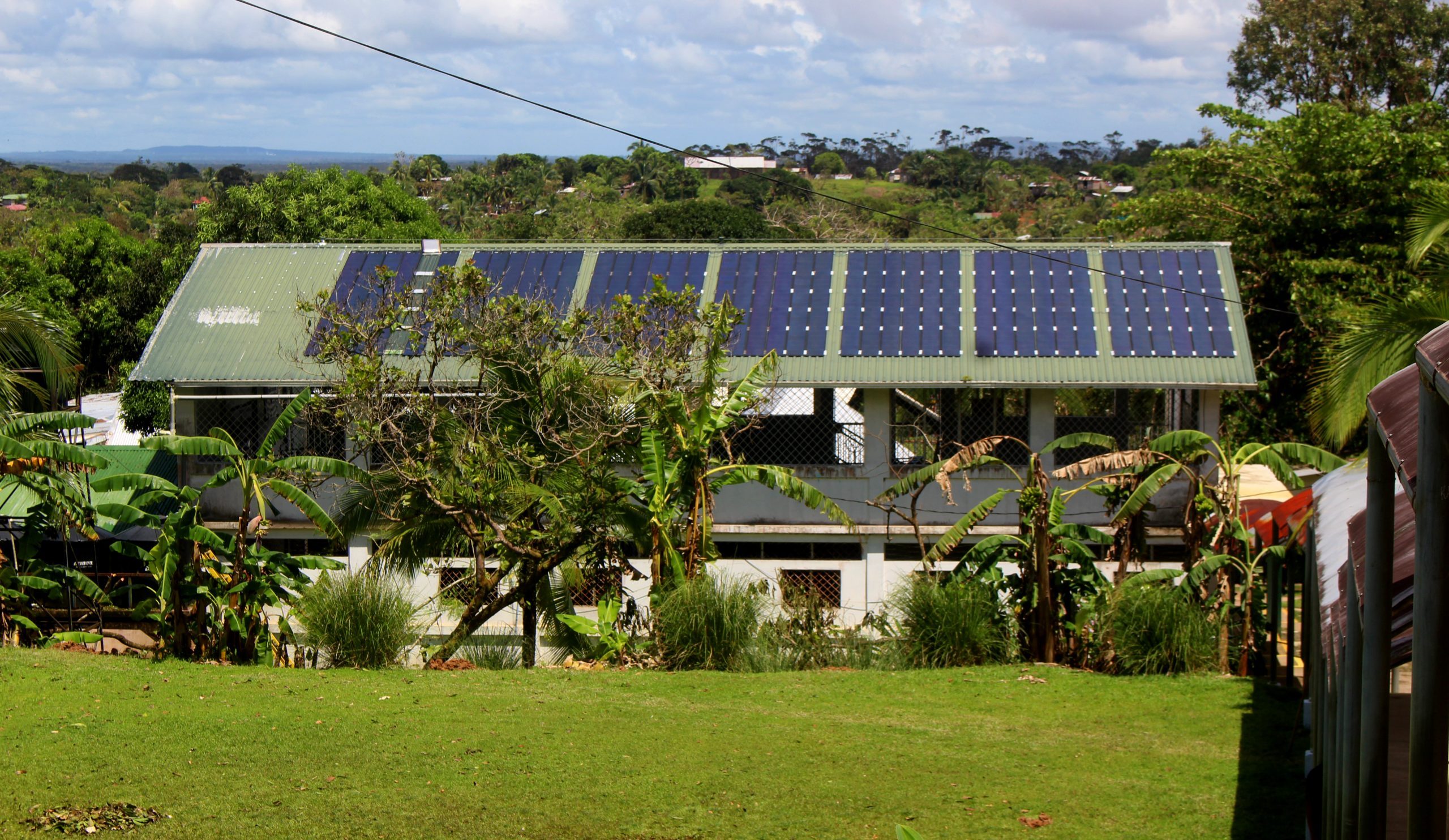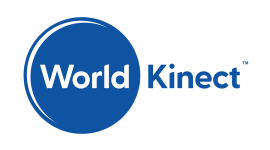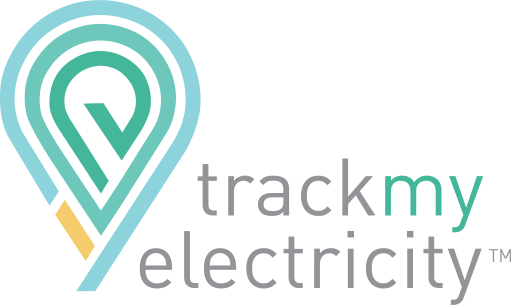Climate smart schools
blueEnergy’s Initiative “Climate Smart Schools” seeks to develop local solutions to improve the resilience of the
participating schools, which not only serve as important community spaces but also as disaster refuge centers. The schools serve as model centers demonstrating methods and infrastructure that contribute to sustainability, the regeneration of ecosystems, improved food security, and improved access to water, sanitation, and hygiene. The Verbo School is a participating elementary school in the city of Bluefields, and the project aims to strenghten its capacities in climate change resilience through the introduction of solar panels to provide clean, consistent, and sustainable energy throughout the day and during times of natural disaster, when often the rest of Bluefields in without power.
In Nicaragua, educational centers in the community serve as shelters during natural disasters as part of the National Plan for Risk Management in Disasters. The project impacts the functionality of the Verbo school to face emergency situations—offering a safe refuge with reliable solar energy during times of hurricanes and tropical storms. The school’s classrooms will have access to solar energy, and the water pump will also be covered by the solar system. The project also aims to improve the energy efficiency of the school (with efficient light bulbs), increase the capacity of the system to cover as much of the electricity bill as possible, and provide energy education: sensitization and awareness raising on renewable energy, energy efficiency, climate change.
This solar system strengthens the school’s adaptation to climate change, contributes to financial sustainability by reducing costs for electricity consumption, and improves the living conditions by providing support to the community in emergency situations like natural distasters.

Local population
Nicaragua is the second-largest country in Central America in terms of area, with a population of 6.4 million. With one inhabitant in five living below the poverty line, there is significant inequality in the distribution of wealth. Nicaragua is also the fourth most vulnerable country in the world to face the impacts of climate change, yet it is one of the least prepared. The poor are the most affected by natural disasters such as earthquakes, floods, droughts, and recurring hurricanes, along with environmental degradation. In addition, the political and social crisis of 2018 has led to an economic recession, increasing the level of poverty of the most vulnerable populations. All these factors have created a situation of insecurity and risk in the face of a changing climate.
The project will take place in the Autonomous Region of the South Caribbean Coast (RACCS) of Nicaragua, with a population of 306,510 located within an area of 30,724 km (10.5 people per km2). This region is the poorest in the country due to lack of infrastructure, lack of access to water and electricity, and health problems. It is the least urbanized in the country (42% of the population is rural) and has the most alarming development indices: 90% of the population is poor or extremely poor according to the HDI indicator (INIDE). It is also home to several indigenous groups (Mayan, Miskito, Rama, Creole and Garífuna) with a lower standard of living than the rest of the population.
The project will be executed specifically in rural portions of Bluefields, capital of the RACCS, located 383 km from Managua. In Bluefields, 63.1% of the population is considered extremely poor and 33.1% poor. Only 3.8% of the population is living above the poverty line.
Project objectives
The overall objective of this project is to increase the climate resilience of Colegio Cristiano Verbo through solar electrification, strengthening its role as a school, community gathering space, and disaster refuge center.
This will be achieved by:
- Covering the computer lab with solar energy.
- Covering the water pump with solar energy.
- Improving the energy efficiency of the school (efficient light bulbs).
- Increasing the capacity of the system to cover as much of the electricity bill as possible.
- Energy education: sensitization and awareness raising on renewable energy, energy efficiency, and climate change.
The target groups for this project are the students and staff of Colegio Cristiano Verbo, and more widely, the population of Bluefields.
Gallery
About blueEnergy
The mission of blueEnergy is to empower healthy families and resilient communities by unlocking access to renewable energy, safe water, sanitation, hygiene, and sustainable food security in the face of a changing climate.
blueEnergy is a nonprofit organization that works with communities and families to create renewable energy, water, sanitation, and climate change adaptation solutions. With a focus on some of the world’s most isolated, marginalized communities, blueEnergy has been working on the Caribbean Coast of Nicaragua since 2004 to help the most vulnerable, poor, and isolated populations of the region to improve their living conditions, strengthen their individual and organizational capacity, and engage in productive entrepreneurship. blueEnergy has positioned itself as a major player in the region, always working in close collaboration with beneficiaries, local authorities, and national and international partners.
Visit blueEnergy here.


